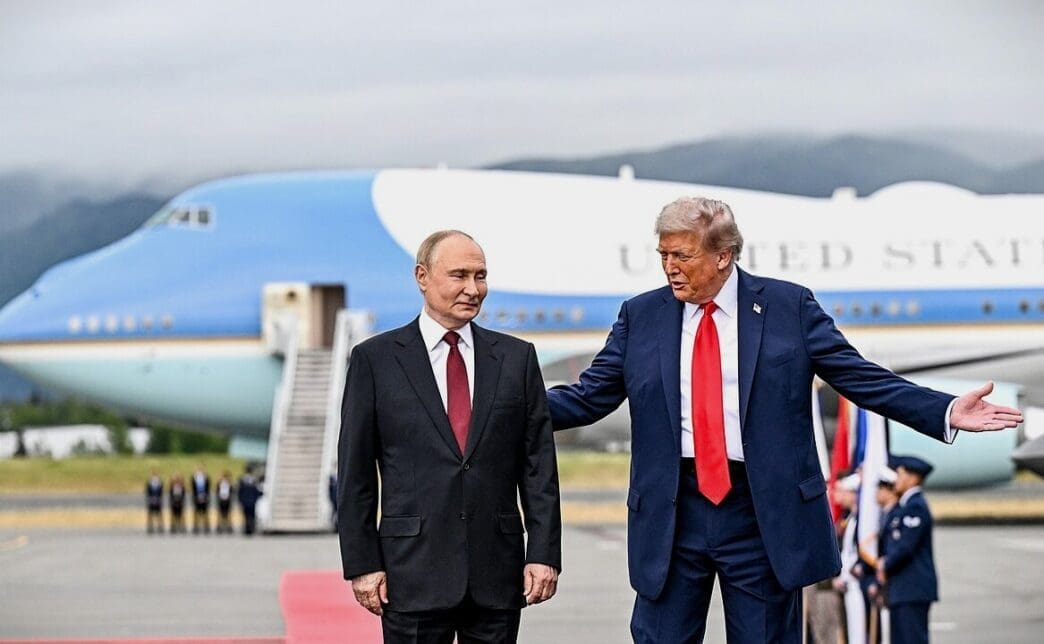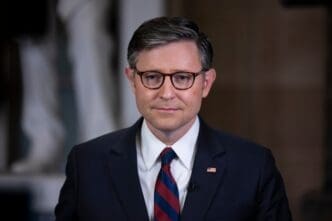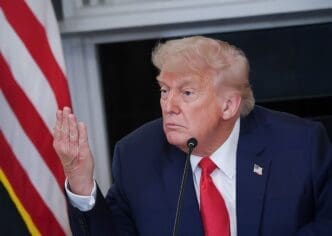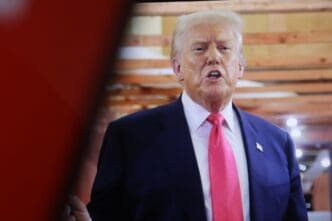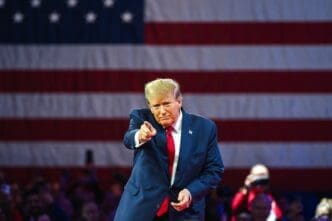Executive Summary
The Story So Far
Why This Matters
Who Thinks What?
The White House has dismissed as “hilarious” a report by NPR alleging that sensitive U.S. government documents related to a summit between President Trump and Russian President Vladimir Putin in Alaska were left on a public hotel printer. The report detailed that the papers contained information about meetings and locations, along with contact details for U.S. government personnel, raising questions about information security.
White House Response
White House deputy press secretary Anna Kelly issued a statement on Saturday, calling NPR’s report a “multi-page lunch menu” and not a security breach. Kelly criticized the reporting, stating, “This type of self-proclaimed ‘investigative journalism’ is why no one takes them seriously and they are no longer taxpayer-funded thanks to President Trump.”
NPR’s Findings
According to NPR, the eight-page collection of documents was discovered on a hotel printer prior to the planned Friday meeting between President Trump and President Putin at Joint Base Elmendorf-Richardson near Anchorage. The report indicated that the papers included details about the summit’s schedule and the identities of key officials.
The first page reportedly outlined the sequence of meetings for Friday, including an indication that President Trump intended to present a gift to President Putin. Pages two through five listed the names of top U.S. and Russian officials present in Alaska, with page two specifically containing the phone numbers of three U.S. advance staffers.
Further pages, six and seven, reportedly displayed the seating arrangement for a planned lunch and its menu. Although the three-course meal, which would have featured a salad, filet mignon, and/or halibut olympia, did not ultimately take place on Friday, its details were included in the documents obtained by NPR.
Document Origin
The documents appear to have been generated by the Office of the Chief of Protocol, a division of the State Department. This office is responsible for facilitating diplomatic interactions and creating an environment conducive to successful foreign policy goals, including welcoming international leaders to the United States.
The incident highlights ongoing discussions regarding the handling of sensitive government information and the varying interpretations of what constitutes a security vulnerability in high-level diplomatic contexts.


